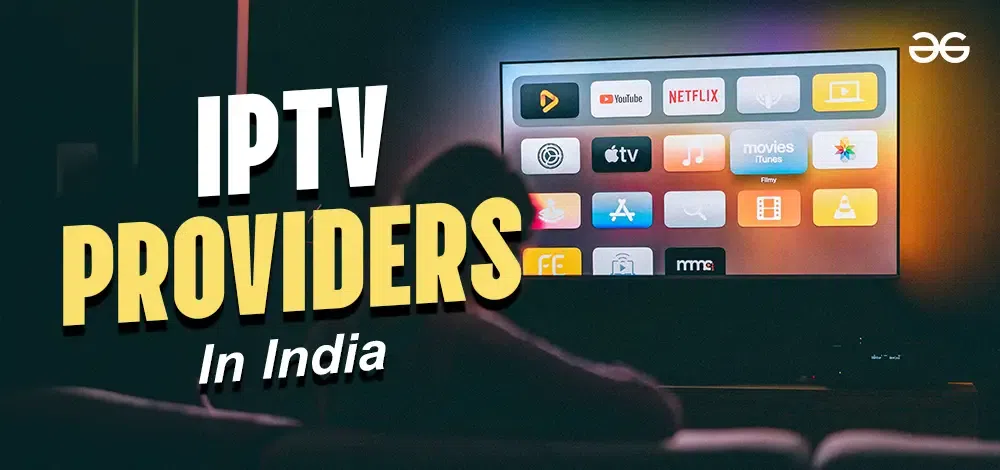In an age where convenience and personalization reign supreme, iptv Internet Protocol Television (IPTV) is revolutionizing the way we consume entertainment. By delivering television content over the internet rather than traditional terrestrial, satellite, or cable formats, IPTV has ushered in a new era of flexibility, choice, and interactivity. Here’s an in-depth look at what IPTV is, how it works, and why it’s reshaping the entertainment landscape.
What Is IPTV?
IPTV, or Internet Protocol Television, refers to the delivery of television programs and media content through internet protocols. Unlike traditional broadcasting methods, IPTV allows users to stream content on-demand or watch live broadcasts directly over an internet connection. This technology has transformed the television experience by making it more accessible, interactive, and user-centric.
At its core, IPTV uses a packet-switched network, similar to how data is transmitted across the internet. Instead of broadcasting content to a broad audience simultaneously (like cable or satellite), IPTV sends programs to individual devices as requested, creating a highly personalized viewing experience.
How IPTV Works
IPTV operates using three key components:
- Content Delivery: Television channels and programs are digitized and sent to IPTV service providers, who then deliver the content to users. Content is stored on servers and transmitted as data packets.
- Middleware: This software acts as the interface between users and the IPTV service. Middleware enables features like channel selection, content search, recording, and user authentication.
- Set-Top Boxes (or Smart Devices): A set-top box, smart TV, or any internet-enabled device is used to decode the IPTV signal, allowing users to view the content on their screens.
Key Features of IPTV
One of the reasons IPTV has gained immense popularity is its unique set of features:
- Video-on-Demand (VoD): Viewers can choose and stream their favorite movies, TV shows, or other content at their convenience. This eliminates the need to follow rigid broadcasting schedules.
- Time-Shifted Media: Missed your favorite show? Time-shifting allows users to watch previously aired programs at a later time.
- Live TV: IPTV supports live television streaming, enabling users to watch real-time events such as sports, news, and award shows.
- Interactive TV: Users can engage with interactive features, such as participating in polls, playing games, or accessing additional content.
- Multi-Device Support: IPTV can be accessed on a variety of devices, including smartphones, tablets, smart TVs, and computers, allowing for a seamless viewing experience across platforms.
Advantages of IPTV
The benefits of IPTV extend beyond just convenience:
- Flexibility: IPTV gives users control over what they watch and when they watch it. There’s no need to adhere to traditional TV schedules.
- Cost-Effectiveness: Many IPTV services are more affordable than traditional cable or satellite subscriptions, especially when bundled with existing internet services.
- Wide Range of Content: From local channels to international programming, IPTV offers access to a diverse array of content, catering to different tastes and languages.
- High-Quality Streaming: With proper internet bandwidth, IPTV can deliver high-definition (HD) or even 4K-quality streams, enhancing the overall viewing experience.
- No Geographical Barriers: IPTV breaks down regional limitations, enabling viewers to access content from anywhere in the world.
Challenges Facing IPTV
Despite its advantages, IPTV faces a few challenges:
- Internet Dependency: Since IPTV relies on internet connectivity, inconsistent or slow connections can lead to buffering and interruptions.
- Piracy Concerns: The rise of illegal IPTV services has raised concerns about copyright infringement, posing challenges for legitimate providers and content creators.
- Infrastructure Requirements: For optimal performance, IPTV requires robust infrastructure, including high-speed internet and efficient servers.
The Future of IPTV
The IPTV market is growing rapidly, driven by advancements in internet technology and changing consumer preferences. With the rise of 5G networks and improved broadband speeds, IPTV is expected to become even more mainstream, offering seamless streaming experiences across devices.
Additionally, integration with technologies like Artificial Intelligence (AI) and Machine Learning (ML) will enhance content recommendation systems, tailoring the viewing experience to individual preferences. Virtual Reality (VR) and Augmented Reality (AR) are also likely to be integrated, creating more immersive and interactive entertainment options.
Conclusion
IPTV is a game-changer in the world of television and entertainment. By combining the power of the internet with traditional broadcasting, it offers an unparalleled level of flexibility, choice, and personalization. While challenges like piracy and internet dependency remain, the future of IPTV looks promising, with innovative technologies poised to further enhance its capabilities. As more consumers embrace the convenience of on-demand and internet-based entertainment, IPTV is set to become the new norm in television consumption.
